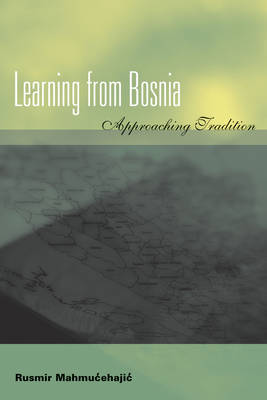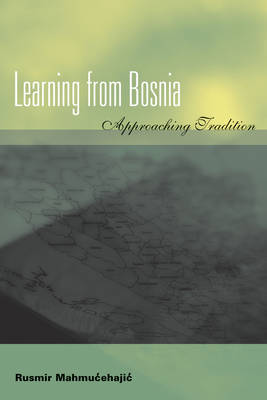
- Retrait gratuit dans votre magasin Club
- 7.000.000 titres dans notre catalogue
- Payer en toute sécurité
- Toujours un magasin près de chez vous
- Retrait gratuit dans votre magasin Club
- 7.000.000 titres dans notre catalogue
- Payer en toute sécurité
- Toujours un magasin près de chez vous
Description
This book, at the intersections of political sociology,
political philosophy, and theology, reads the legacy
of Bosnia as both a paradigm and an antiparadigm for
the human condition. The adjective Bosnian sums up an
acceptance of the diversity of human attitudes toward
the world and toward God. Yet the Bosnian tradition of
accepting the inevitability of, and thus the right to, differing
Christologies among people who speak the same
language and share the same history has been reduced to
the antiparadigms of confessionalism, ethnicism, and
ultimately nationalism, which seeks either to expel or to
subordinate to the majority everything that is other.
Spécifications
Parties prenantes
- Auteur(s) :
- Editeur:
Contenu
- Nombre de pages :
- 200
- Langue:
- Anglais
- Collection :
- Tome:
- n° 2
Caractéristiques
- EAN:
- 9780823224531
- Date de parution :
- 01-05-05
- Format:
- Livre relié
- Format numérique:
- Genaaid
- Dimensions :
- 158 mm x 237 mm
- Poids :
- 435 g







